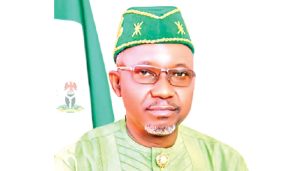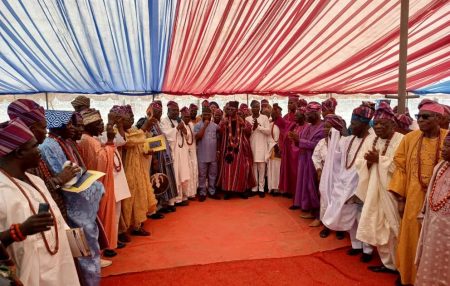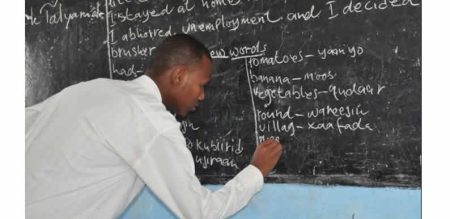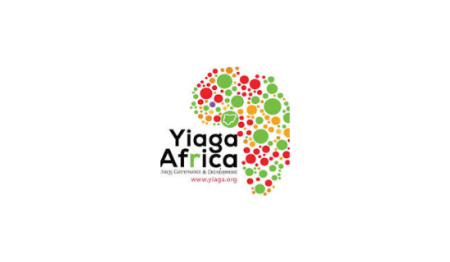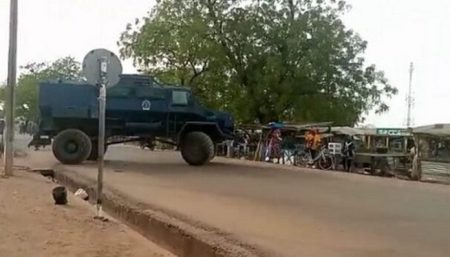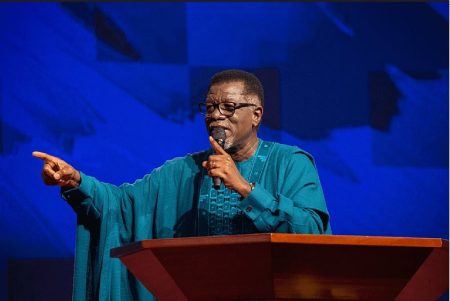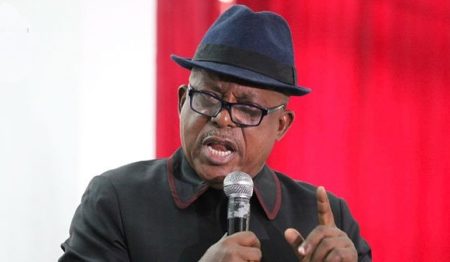The political landscape in Ghana is currently experiencing significant turmoil, particularly in Parliament, as described by Atik Mohammed, a Policy Analyst and former General Secretary of the People’s National Convention (PNC). He characterized the situation as “super-messy,” highlighting the complex interactions between the Supreme Court, Parliament, and political stakeholders. Mohammed’s comments come on the heels of chaotic developments in Parliament on October 22, 2024, when the New Patriotic Party (NPP) caucus staged a walkout. This action was prompted by the National Democratic Congress (NDC) caucus claiming majority control following the Speaker’s controversial ruling. As political tensions rise, it is apparent that the implications of this standoff could have lasting effects, especially with Ghana’s general elections just two months away.
Central to the ongoing crisis is Speaker Alban Bagbin’s recent decision, which declared four parliamentary seats vacant, leading to a legal battle between the two major political parties. This declaration has sparked significant contention, particularly from the NPP, whose Majority Leader, Alexander Afenyo-Markin, has sought intervention from the Supreme Court. The NDC, benefiting from the Speaker’s ruling, is asserting its majority status, which has further strained relations between the two parties. Atik Mohammed’s observations underscore the severity and implications of this situation, as the legal and political ramifications become even more pronounced.
During an interview on Peace FM’s Kokrokoo morning show, Atik Mohammed articulated his frustration regarding the “super-messy” state of affairs. He emphasized the interconnected mess unfolding at various levels—judicial, legislative, and political. By highlighting that the Supreme Court is involved, he pointed out that the crisis reflects deeply on Ghana’s governance structures. The involvement of the Supreme Court in what Atik views as a clear constitutional issue serves to complicate the matter further. He argues that the Constitution provides existing frameworks for declaring parliamentary seats vacant, suggesting that the action taken by the Speaker was legally sound and should not have necessitated Supreme Court intervention.
Despite the apparent legality of Speaker Bagbin’s actions, the political fallout has led to increased uncertainty and confusion. Atik was particularly critical of the NPP’s decision to turn to the Supreme Court for clarification. By elevating the matter to the judiciary, the NPP has, in Atik’s view, only added to the chaos surrounding the situation. This has raised concerns about the potential for further escalations and the risks posed to the stability of Ghana’s political environment. With a general election around the corner, the implications of this standoff become ever more critical, as there remains a looming question of how these tensions will influence voter sentiment and party dynamics.
Moreover, Atik Mohammed’s commentary illustrates broader concerns about the functioning of Ghana’s democracy and governance. The current standoff, marked by walkouts and legal disputes, raises questions about the efficacy of parliamentary procedures and the reliability of political institutions in resolving conflicts. The situation serves as a distressing backdrop against which the political parties must campaign for the upcoming elections, exposing deep divisions within the legislature. With each party seeking to consolidate power, the mutual distrust and discord could further erode public confidence in government institutions.
As Ghana approaches its 2024 general elections, the implications of the parliamentary crisis remain substantial. Voter perceptions will inevitably be influenced by the ongoing disputes and the portrayal of political actors in the media. Political stability is crucial for any democratic process, and the resolution of the current standoff appears critical to maintaining public trust. Atik Mohammed’s assessment serves as a poignant reminder of the challenges that lie ahead for Ghana’s political landscape. The resolution of these disputes, whether through legal clarification or political negotiation, will significantly impact the trajectory of Ghana’s governance and the integrity of its upcoming elections.



